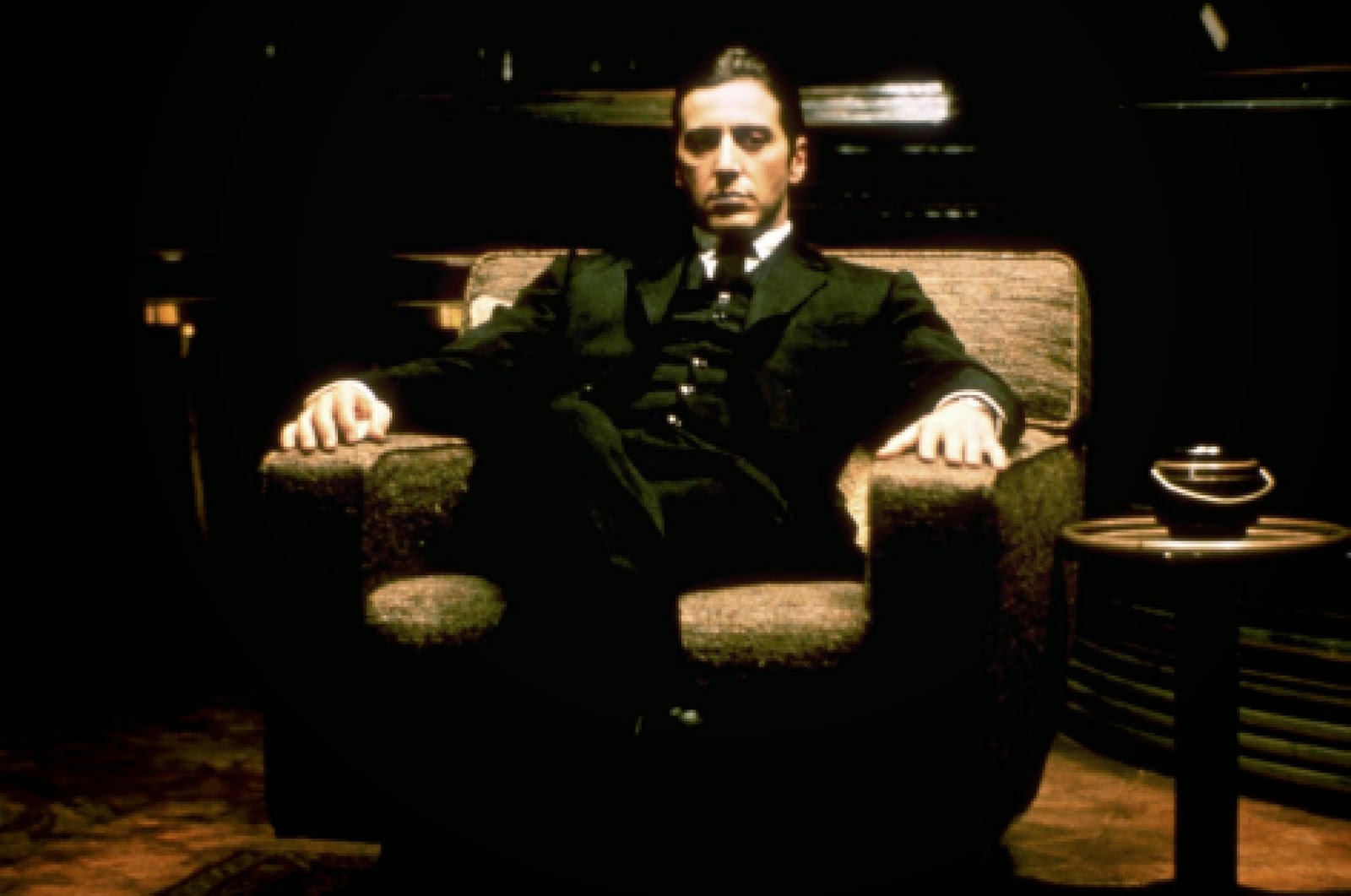In a previous article, I discussed a theory of conflict framed by economics. I suspect that my thoughts touch on Rothbard’s elusive category of Praxeology: the “Theory of Hostile Action”.
I stumbled upon the idea that economic analysis can be applied to conflict after reading Jonathan Schell’s The Unconquerable World, and also while trying to answer leftist complaints about how libertarians define property norms. Though scholars have applied economic reasoning to warfare and conflict, as far as I know none have done so systematically.
Schell’s application of economic reasoning to warfare compares the acquisition of nuclear weapons as a phenomenon of diminishing marginal returns on weapons development. Military power “purchases” access to resources. As far as I know, this is derived from Marxian ideas that equate industrial and political power. As far as I know, the basic thrust of this analysis isn’t wrong.
What I’ve discovered is that most modern scholarship which applies economic analysis to war takes the state for granted. A state can “act like” a business. That such language is employed reveals to me that scholarship in general has not properly broached this idea. Why do we take the state for granted? We shouldn’t. The state is the 10,000-pound elephant in the room. Was the state uncreated? Moreover, can our modern existence be described in any possible way without referring to the role of the state?
I’ve realized that the traditional methods of Austrian Economics can be applied to conflict. The conclusions, in my opinion, would redefine what we know about what conflict is, how politics works, where the state comes from, and what functions it serves.
The essential consideration is this: exchange refers not only to voluntary trade, but a person can exchange military costs for the capital of others, or more particularly, exclusive access to resources. Military power is a good, with discrete costs. It can purchase resources.
The chief difference between voluntary exchange and military exchange is that military exchange treats other human actors as natural resources, rather than trade partners (so perhaps there’s a better way to categorize this phenomenon than to call it an exchange). Human actors, as a category, contrast from natural resources in that the latter category can be extracted through fixed costs. Human actors can reciprocate the actions of aggressors, leading to an escalation of costs required to be successful in combat.
To the “entrepreneur”, there is no reason to engage in voluntary trade when the costs to trade for a resource exceed the costs of maintaining military power. Military and power considerations, then, factor into the economics of a stateless society.
In this sense, I fear that libertarians have fallen into a trap of taking the state for granted. The state is immoral, but it does fulfill a function. The monopolization of power into the state makes voluntary trade the default economic action available outside the boundaries of the state. Taking the state for granted means assuming that if the state’s coercive power disappeared, that norms of voluntary trade would remain. Of course, libertarians aren’t naive. Protection firms, market-based solutions for dealing with aggression, assume that the costs of naked aggression would exceed the costs of following the non-aggression principle. This could be true, but it also could not be true. Maybe the economics of the market would price aggression out of the equation. Or maybe they wouldn’t. Philosophy and morality could affect the market, but base material costs are likely to dominate moral considerations.
Analyses I’ve read account for military power in terms of risk. I don’t think that’s accurate. Risk would be a factor for a single person in a war. You might live, or you might die. If you die, price is meaningless. So risk tolerance is how you price your “soldier’s wage”.
This isn’t the case for a military entrepreneur who may not fight in the battles he commands. For such a “gang boss”, each “merc thug” he employs represents a discrete salary. The purchasing power of his gang will be established by the market. In Queens, 1932, 10 goons will get you a block. 40 a neighborhood. 1000 for the borough. Of course, periodic conflict is necessary to test, by “auction”, these price levels. Nevertheless, if you’re a good boss running good cheese – cards, prostitutes, booze and olive oil – you can afford the right number of goons to accommodate the rest of your business. If you can afford 20 goons, you get two blocks. That is, the right to sell your product to two blocks worth of homes, maybe even take a protection fee. The guy with 15 goons from the next block over won’t challenge your turf, he won’t bother. If you run out of money, maybe he’ll buy off 5 of your goons and take your block with it.
The feudal politics of Central Europe during the Medieval period conform almost perfectly to this sort of politics. Those politics translate very well, after the presence of industry, into the best example of the most deliberate formation of a modern state: Imperial Germany.
Military power, primarily, purchases access to resources (plunder and theft are not productive, since you’re stealing capital, preventing its reinvestment – optimized taxation at the base of the production chain, however, is much more efficient). Private property norms, and voluntary trade, then, represent an alternative means of organizing access to resources and capital.
The modern state is probably a phenomenon of gangs transforming and transcending into something more. This “more” is an entity which affords to monopolize violence by substituting where possible the “auction of conflict” with law and property rights. By devoting violence to their enforcement instead of trying to use it to hold total control over all capital, the state makes property norms affordable for the public at large, in order to make conflict less cost effective for the state’s non-state competitors (i.e.: violent gangs).
The state seems to be a new phenomenon, different than mere gangs. The discipline of political economy should apply to it more so than the economics of conflict. However, given the genealogy of the state, political economy can incorporate petty competition for resource access as a basic premise (adding to it tax, tribute, public choice, voting, and finally control over financial instruments, justice, and intelligence/media assets).
This conclusion is an arrow through the heart of some of conventional libertarian theory. First of all, the state is not itself a gang. It is a different sort of thing, albeit one evolved directly from what a gang is (and in some senses morally equivalent). Second, property norms may have emerged because of the advantages they provide the state in its effort to monopolize power. If true, that’s a bitter pill for Libertarianism.
Of course, nothing I’ve written validates statism or even “minarchism”. In a sense, I’ve proven the expediency of Hoppean micro-minarchism as a more practical goal than pure statelessness. If anything, this is an understanding Libertarianism might need. It complicates our activism and idealism. It also causes us to confront an uncomfortable reality (it might be a long time before the stateless society, and our own agency in effecting it might have severe limits). But it might also launch us infinitely closer to reality, and solve some of the elusiveness of “relevance.”
Left-liberals seem to implicitly accept this notion of the state as a suppressor of immoral aggression, an a necessary one at that. And yet, they are held up with ideological biases that don’t conform to reality. Money, the organization of society imposed by economic conditions no one controls, is called greed when liberals’ preferred outcomes don’t magically appear. The bureaucracy, one of the most hierarchical and self-interested organizations in society, is held as the silver bullet solution to society’s moral imperfections. Whatever flaws we have, they pale in comparison to the shortfalls of left ideology.
There is still hope for Libertarianism, however. By pursuing an application of Austrian Economic analysis and methodology to the economics of violence as I described it, we can find room for our libertarian future. I’ve said that economic development is probably the answer, since it would change the cost calculations concerning the use of violence. There are diminishing marginal returns on the use of nuclear weapons, for example, thanks to their inability to spare people, resources, and capital from obliteration during their use. Also, wealth and robust property norms means that the costs of voluntary exchange could conceivably be much lower than costs of even the pettiest violence.
The market may be ready to adjust its norms – its “price for conflict” – already due to base economic conditions that are untested. Maybe we libertarians could innovate the norms and standards that prove the test, and contribute to lowering the potential of aggression and conflict going forward.
On the other hand, if the state is our enemy, and some aspect of Orwell’s nightmare is the future we face, then all the better we understand it properly – rather than simply whining about the things it does that we don’t like.
To reiterate: we can understand the state better than we do, better than anyone else, if we apply Austrian Economics to the political more than what’s been done.
And let me know if I’m retreading ground!































